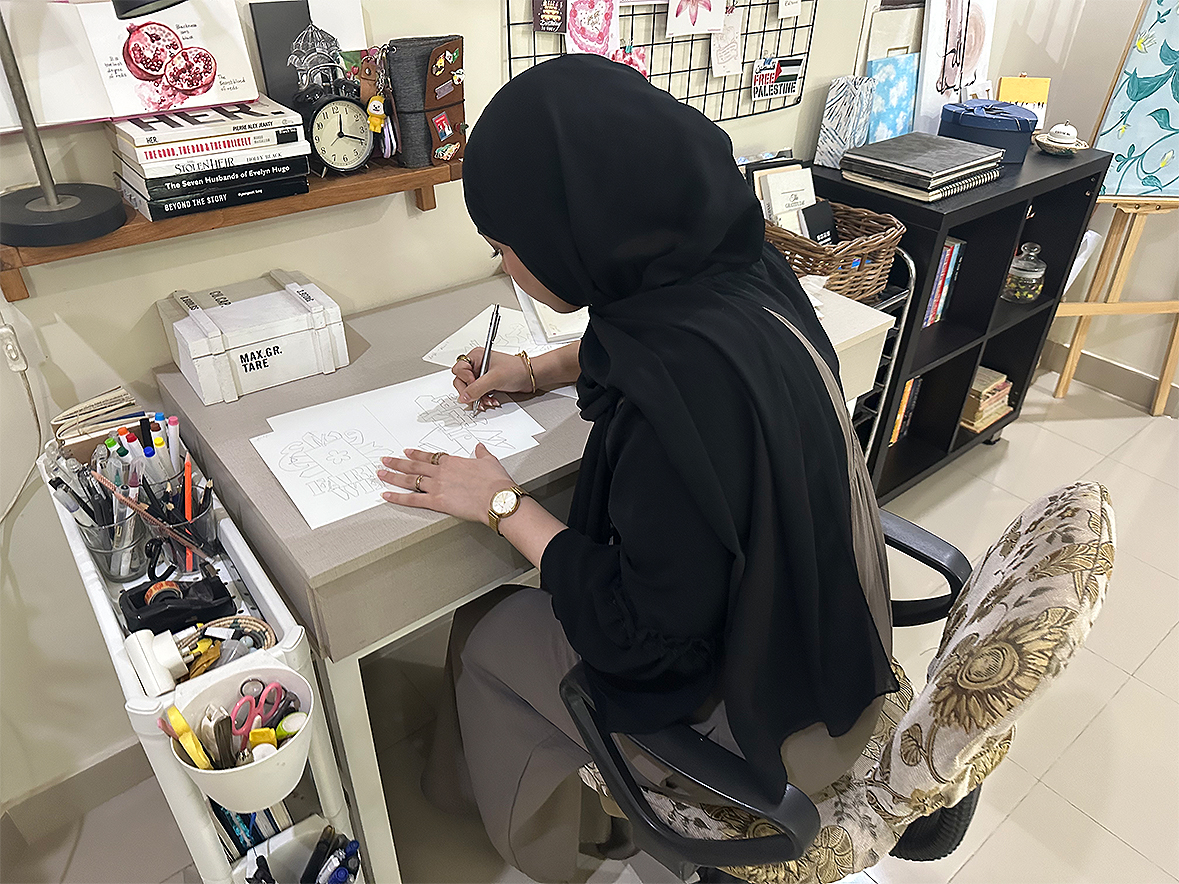PESHAWAR: Reacting to a proposal by the Khyber Pakhtunkhwa government to set up the country’s first graveyard, specifically for transgenders, members from the community said on Wednesday that they welcomed the move.
“For the first time in our troubled life, the Khyber Pakhtunkhwa (KP) government in Pakistan has announced a big relief for our community by promising to allocate separate land for a graveyard in Peshawar where we will be able to bury our dead with honor,” Arzo Khan, general secretary of KP’s transgender association, told Arab News.
If the proposal sees the light of day, it would give a new impetus to ensuring the rights of more than 10,000 transgenders in Pakistan, according to the data provided by the 2017 census. However, campaigners contest the figure, saying their numbers add up to almost half a million.
Last week, in a meeting with representatives of the transgender community, civil society activists and officials of the Social Welfare Department, Mushtaq Ghani, Speaker of the KP Assembly, announced plans for graveyards in Peshawar, Swat and other cities where the community enjoys a sizeable population.
In an exclusive interview with Arab News, Ghani said that the provincial government will take several steps to facilitate the community, adding that half an acre of land will be allocated for the new graveyard, the location for which has yet to be finalized. A meeting in two weeks is expected to etch out further details.
Highlighting the issues faced by transgenders in ensuring an honorable burial for their deceased, Khan said: “We are facing daunting problems such as burial of our dead persons, medical treatment at hospitals, education and [access to] residential facilities. Nobody is even willing to lead our funeral prayers.”
Mufti Muhammad Dawood, a leading religious scholar, said that those who refuse to lead funeral prayers are ignorant about the teachings of Islam and its laws. “For sure, their [transgender] funeral prayers can be offered just like they are offered for other Muslims,” he said.
Recognizing the extent of the problem, Ghani said that the government would also look into allotting separate rooms in hospitals to ensure timely medical attention is provided to transgenders in the province. “We have set aside Rs 200 million to build residential facilities in the most populated areas,” he said.
He said that work was underway to acquire tangible data on the number of transgenders in the province, too, with plans in place “to offer small loans to the transgender community, which will be a source of income for them”.
Placing their numbers at 45,000 in KP alone, Qamar Naseem, an activist working for the transgender community, said that members continue to feel socially- isolated and stigmatized, with most unable to acquire an education or employment opportunities.
Announcing scholarships -- with an initial allocation of Rs 0.2 million -- on behalf of his non-governmental organization, Blue Veins, Naseem said simple steps could help the community fight against discrimination, while ensuring economic equality as well.
“Currently, we have enrolled 15 trans people in an English learning language course and we directly pay to the institution,” Naseem said.
While there have been instances of abuse reported by transgenders in the country -- as many as 62 were reportedly killed in KP since 2015, according to an estimate provided by the Pakistan Transgender Association -- the community has been assured of basic rights, too.
The Transgender Persons act – passed by the parliament in May this year --- bans discrimination against transgender people by employers and business owners, in addition to allowing them to opt for male, female or a "third sex" on official documents, such as passports or driver's licenses.
Urging Pakistanis to ensure equal opportunities and rights for transgenders, Mufti Dawood said: “We should not discriminate and there should be awareness about their human rights.”


















